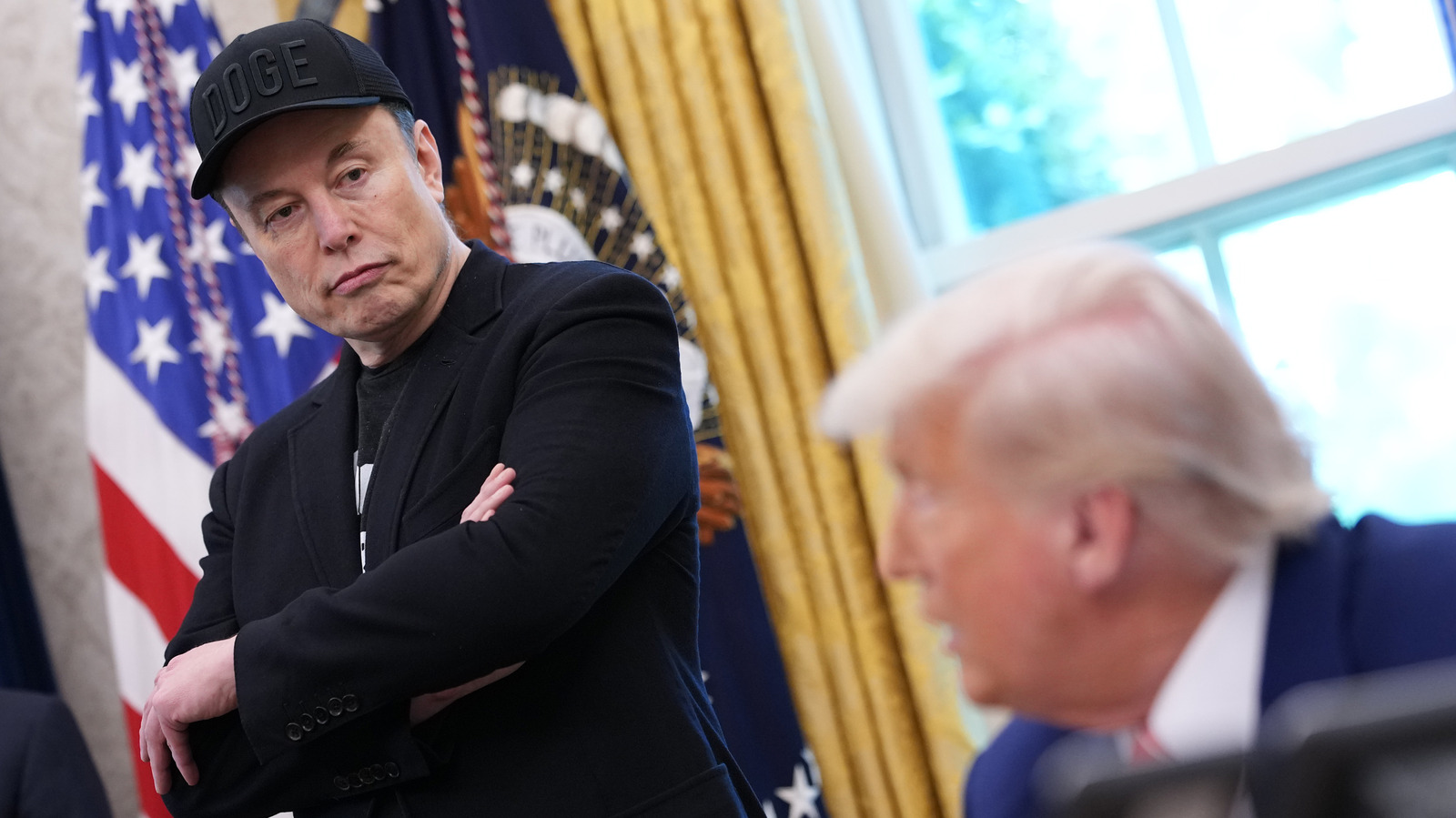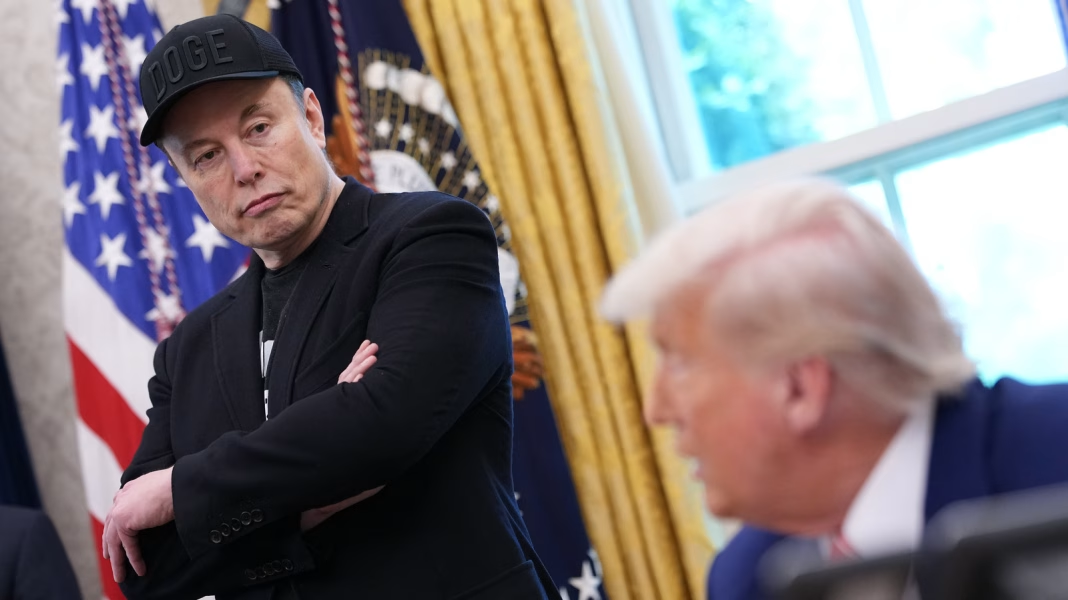Elon Musk and Donald Trump: A Relationship in Turmoil
When it comes to high-profile figures, few relationships have been as tumultuous as that of Elon Musk and Donald Trump. Once seen as allies in the tech and business world, their camaraderie has crumbled into a public spectacle of disagreements and criticisms. So, what happened to turn this dynamic duo into adversaries?
Initially, Musk was a vocal supporter of Trump, even serving on his advisory council. However, the tide began to turn when Trump withdrew from the Paris Climate Agreement in 2017. Musk, a staunch advocate for sustainable energy and climate action, couldn’t stay silent. He resigned from the council, stating that he could no longer support a leader who disregarded such critical global issues. Since then, their relationship has been marked by a series of public spats, with Musk often taking to social media to express his discontent with Trump’s policies and rhetoric.
The fallout has only intensified over the years. Musk has criticized Trump’s handling of the COVID-19 pandemic and his approach to various social issues, while Trump has dismissed Musk’s ventures, labeling him as a “total loser” at one point. This back-and-forth has not only highlighted their personal differences but also underscored the broader ideological divide in American politics today.
The Impact of Tariffs on Canada’s Automotive Industry
Shifting gears, let’s talk about Canada’s automotive industry, which is currently grappling with the heavy burden of tariffs. The automotive sector has long been a cornerstone of the Canadian economy, but recent trade policies have thrown a wrench in the works.
Tariffs imposed by the United States on Canadian aluminum and steel have created a ripple effect, leading to increased production costs for Canadian automakers. This has resulted in a significant downturn in manufacturing output and job losses. According to a recent report, the industry has seen a decline of nearly 20% in production since the tariffs were enacted.
The repercussions extend beyond just the numbers. Communities that rely on automotive manufacturing are feeling the pinch, with layoffs and reduced hours becoming more common. For many workers, the uncertainty surrounding their jobs adds to the stress of an already challenging economic environment.
Moreover, the tariffs have prompted Canadian automakers to rethink their strategies. Some are considering relocating production to countries with more favorable trade agreements, which could further impact the Canadian economy in the long run. The situation is a stark reminder of how interconnected global trade is and how quickly policies can alter the landscape for entire industries.
Navigating the Future
As we look ahead, both the strained relationship between Musk and Trump and the challenges facing Canada’s automotive industry serve as reminders of the complexities of our modern world. The fallout from personal disagreements can have far-reaching implications, just as trade policies can reshape entire sectors of the economy.
For those in the automotive industry, adapting to these changes is crucial. Embracing innovation, investing in new technologies, and exploring alternative markets could be key strategies for survival. Meanwhile, the ongoing saga between Musk and Trump illustrates the importance of understanding the interplay between business and politics, especially in an era where public opinion can shift rapidly.
The big takeaway? Navigating the complexities of relationships and economic challenges isn’t about perfection—it’s about smarter adjustments. Whether you’re a business leader or just someone trying to make sense of the world, starting with one change this week could lead to noticeable differences by month’s end.


